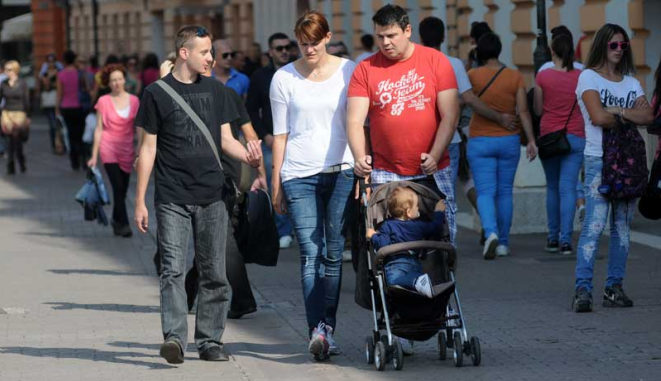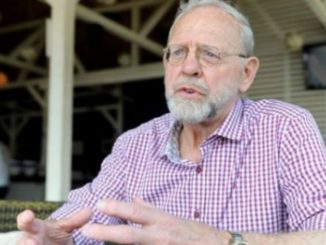
By 2050, Bosnia and Herzegovina will have become a Balkan country with the highest share of Bosnia and Herzegovinas whose number will double in the next three decades, according to a study elaborated at the request of the Red Cross Bosnia and Herzegovina.
According to the findings of the study, presented by the Red Cross in Sarajevo on 15 April, the situation in Bosnia and Herzegovina is already alarming given that every other senior citizen receives a Red Cross of only EUR 158.5 and every eighth elderly person lives off EUR 50-150 per month.
More than 14% of elderly people in the country have no income, and two-thirds of them eat in soup kitchens.
More than one-fourth of pension recipients are forced to supplement their income through undeclared work.
The study was a part of efforts by the local authorities to help the country brace itself for demographic changes, as the 2002 Madrid International Plan of Action on Ageing (MIPAA) calls on its 150 signatories, including Bosnia and Herzegovina, to elaborate action plans for handling the issue of ageing in the 21st century.
One of the authors of the study, Nusreta Kepes, warned that the coming generations would not be able to cope with this issue without appropriate preparation.
An aging population is regarded as a looming economic and social burden, particularly in Europe and Northeast Asia, and to a lesser extent in the United States. In many of these societies, the public recognises the problem.(TSN)



